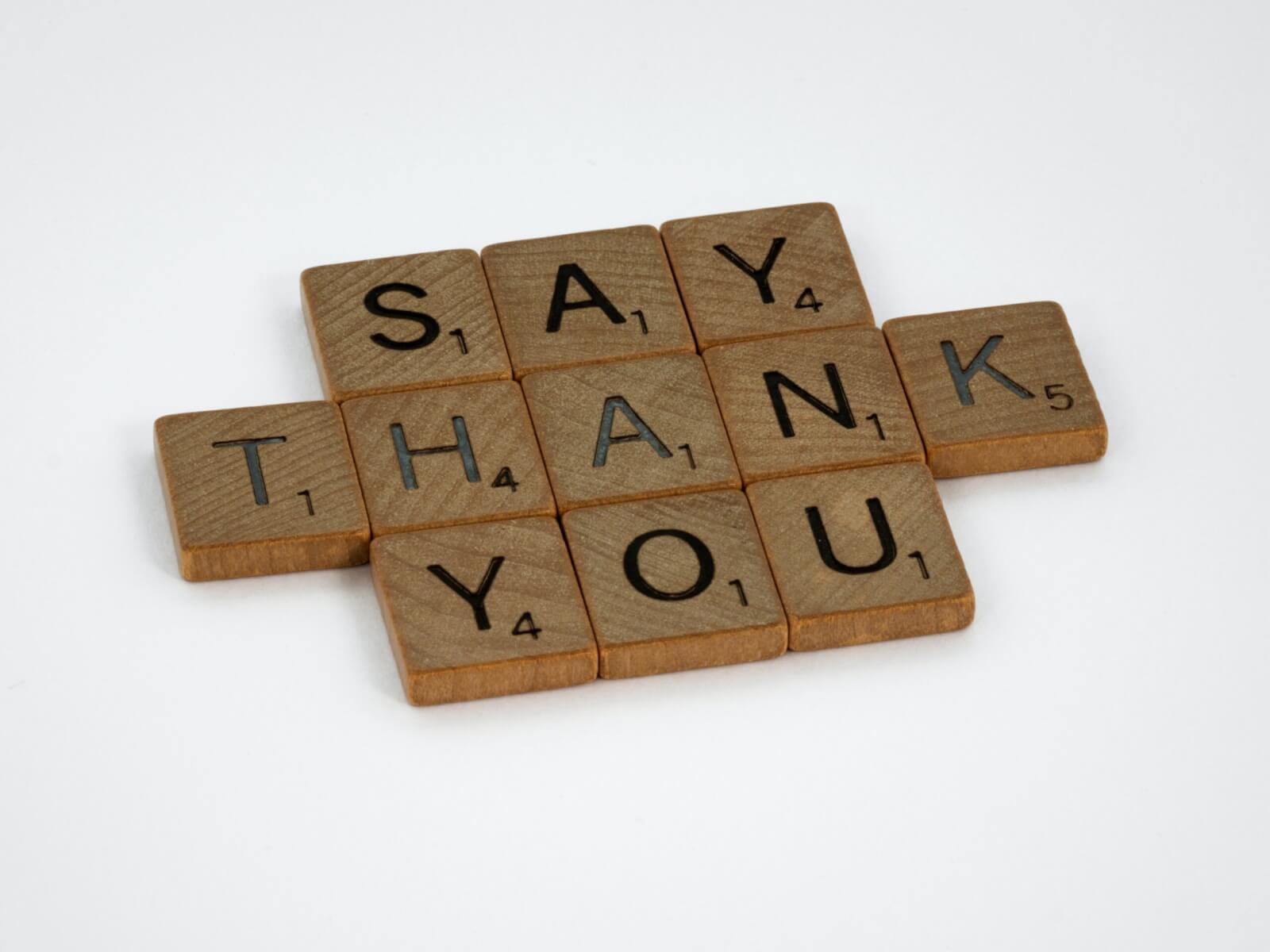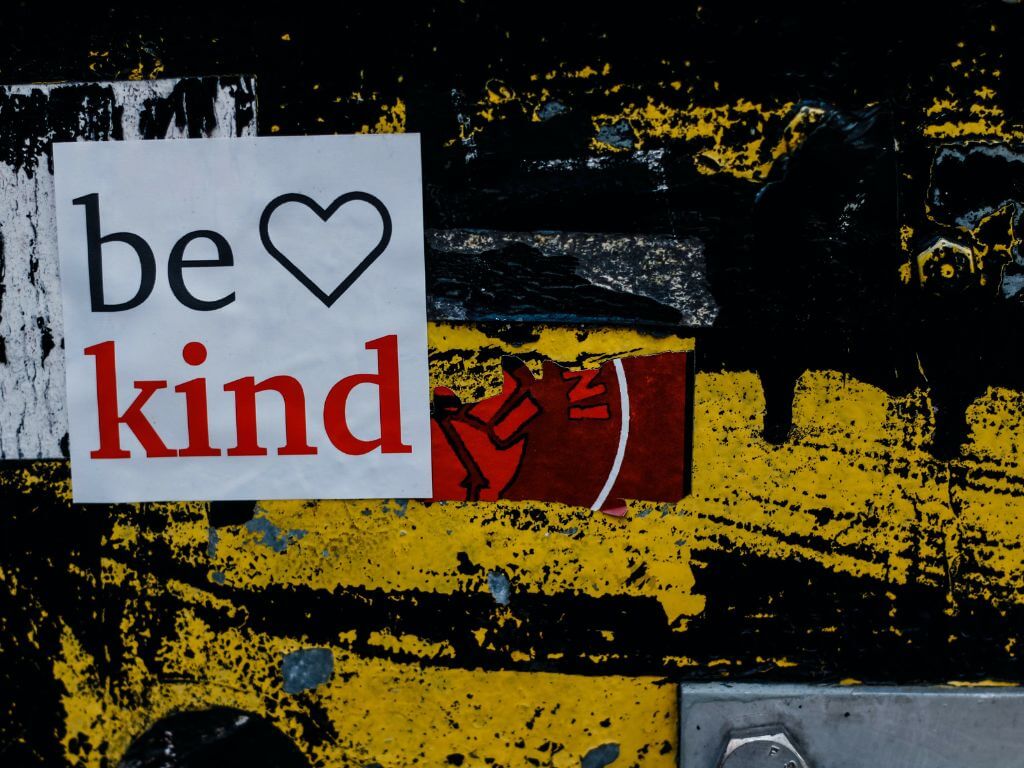We continue our series where Dr. Monica Vermani answers questions about live, love and everything in between.
Dr. Monica Vermani is a Clinical Psychologist specializing in treating trauma, stress and mood & anxiety disorders, and the founder of Start Living Corporate Wellness. She is a well-known speaker, columnist and advocate in the field of mental health and wellness. Her book, A Deeper Wellness, is now available on Amazon, and her in-depth online self-help program, A Deeper Wellness, offers powerful mental health guidance, life skills, knowledge and healing, anywhere, anytime.
Dear Dr. Monica,
How do I deal with a very good friend who is repeatedly disrespectful, rude, and unkind to servers in restaurants and clubs?
This otherwise lovely person, in the past few months, has become demanding, mean, and sarcastic to wait for staff when the smallest detail is less than perfect. My friends and I find ourselves mortified at her behavior and have returned to restaurants on occasion to apologize to staff and over-compensate by leaving an outrageously large tip. I reached the end of my rope with her last weekend when her comments caused our server to burst into tears. She could be going through a tough time at work or dealing with stress in her life, so we don’t want to upset her unnecessarily. Short of excluding her from our plans, is there anything we can say to make her stop behaving this way?
Signed,
Mortified

Dear Mortified,
You will easily find the words to say in the context of your letter! What I believe you are struggling with is the possibility of hurting your otherwise very good friend. But the reality is that your friend is behaving in a cruel and hurtful manner to people who are in a position that requires them to be gracious and accommodating to her. No doubt part of why you and your friends are feeling uncomfortable is that your friend’s behavior reflects very badly on your entire group. Even though, as you say, you often apologize and try to compensate for her abusive behavior after the fact, such gestures are a cold comfort to people who have been treated badly.
No matter what your friend may be dealing with in her life, she does not get a free pass to treat people who are there to do the job of serving her badly. And as for you and your friends’ attempts to make up for the bad behavior of a member of your party, the reality is that when you sit quietly by as someone from your group reduces a server to tears, then you, as a witness and a passive bystander, are part of the problem. By not coming to the defense of your server, are guilty of condoning and through your silence supporting your friend’s bad behavior. You should feel bad, and you should feel guilty because you have allowed this abuse to continue and — judging by your letter — escalate.
As for what you should do or say, don’t waste a minute worrying about finding the right words or the perfect time or place to discuss the issue. The next time you invite our problematic friend along for a night out, make sure she understands in no uncertain terms that you will no longer tolerate her abusive behavior. And shift your behavior from that of a passive to an active bystander! Active bystanders speak up against abusers and take a stand in the moment when someone is being mistreated. If this is upsetting to your friend, then it’s a hard lesson that will serve her well in the long run.
Main Image Photo Credit: www.unsplash.com
Dr. Monica Vermani
Author
Dr. Monica Vermani is a Clinical Psychologist who specializes in treating trauma, stress, mood & anxiety disorders and is the founder of Start Living Corporate Wellness. Her book, A Deeper Wellness, is coming out in 2021. www.drmonicavermani.com


















































































































